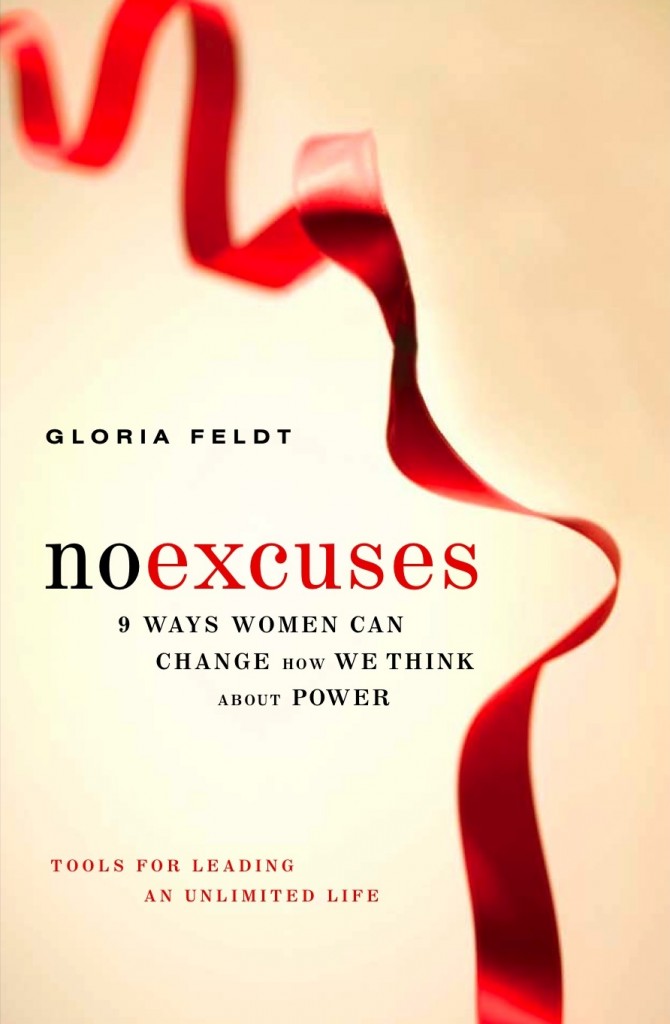Tag : Danica Davidson
January 20, 2015 by admin
Confessional Comics
Jerry Siegel and Joe Shuster (creators of Superman) and Art Spiegelman (of Maus) are acknowledged to have had a strong influence on comics, but not much attention has been turned on female Jewish comics creators until now. Sarah Lightman spurred the creation of “Graphic Details: Confessional Comics by Jewish Women,” an exhibition recently in London, showing the work of 18 Jewish women, including Lightman, Miriam Katin, Ariel Schrag, Trina Robbins, Aline Kominsky-Crumb and Vanessa Davis.
The success of the exhibition led to the book Graphic Details: Jewish Women’s Confessional Comics in Essays and Interviews (McFarland, $49.95). This anthology takes an academic approach to the intersection of women, Judaism and comics. All the women from the exhibit appear in these pages through biographies and work samples, in beautiful full-color spreads. Some of them are interviewed about their work, and essays by other comics scholars discuss the meaning, influence and strength in the creators’ comics. The book does not stop here: it also details the lives and works of other female Jewish comics creators.
One essay discusses Charlotte Salomon, a graphic artist who was killed in Auschwitz, and whose self-portrait was the cover of Lilith, Winter 1994 –95. After multiple suicides in her family and the increasing threat of Nazism, Salomon had turned to painting her life and surroundings in a way that has shaped modern comics. Author Ariela Freedman describes Salomon’s Leben? oder Theater? Ein Spingespiel (Life, Or Theater? An Opera) as what “might be the most powerful Jewish women’s graphic narrative ever drawn and written. But it is almost entirely absent in critical discourse on comics and on graphic narrative. Salomon is frequently left out of genealogies of comics, and until recently, of Holocaust writers.”
Not all of the creators discussed in this book take on such dramatic subjects. Corinne Pearlman, Kominsky-Crumb, Miss Lasko-Gross and Ariel Schrag are all known for their scatological and dark humor. Many of the women here want to use comics as a way to show the mostly unspoken parts of life, and by doing so they go against the grain of what people usually think of when they imagine comics. Instead of the typical superhero fighting crime, these comics deal with issues like miscarriages, dating, lesbian romance and self-esteem, and they’re always done from the perspective of a Jewish woman.
About the power and passion that go with confessional comics, journalist Sarah Jaffe writes, in her essay “Telling Their Own Stories,” that “Superheroes are impossibly pretty, perfect, every bit of their lives is heightened drama, and for Superman to be ugly he puts on glasses. Indie confessional comics are often purposefully ugly, showing life not only warts and all but with a few extra warts for good measure. Not only am I not a superhero, they say, I am going to lay out all the worst parts of me and dare you to like me anyway.”
The book shows how much female comics creators, turned away by male-dominated publishers, turned to self-publishing or got published by women at smaller ventures. This would allow other women and men to pick up the comics and inspire them to create their own, though these indie comics never got the same attention as mainstream pieces. Graphic Details is a much-needed book both because of its specific information and for the fact it touches on subjects long ignored. While supplying added depth for people who are already fans of the medium, it gives insights to non-fans about why comics are so popular.
In words and pictures, the women in Graphic Details show what it’s like to be a woman, what it’s like to be Jewish, and what it’s like to be human and find universal connections in the despair, triumph and love they experience in their lives.
Danica Davidson is a writer at MTV whose children’s novel about Minecraft, Escape from the Overworld, is being released in January.
- No Comments
February 27, 2014 by Danica Davidson
Winning Any Office (or Male-Dominated Environment)

www.flickr.com/76029035@N02
Rebecca Sive was a cofounder of the Jewish Fund for Justice, one of the founding organizers for EMILY’s List and was included in the book Feminists Who Changed America: 1963-1975. This is still only a small part of her résumé, but Sive has taken her knowledge, experience and passion for women’s rights and penned the book Every Day Is Election Day: A Woman’s Guide to Winning Any Office, from the PTA to the White House” called by Publishers Weekly “a clear and persuasive roadmap to female political success.”
Sive’s book is both down-to-earth and invigorating as it champions women to move forward and gives concrete details on how to do so. She also supplies real-time advice from a host of powerhouse women in the worlds of politics, business and philanthropy. While her book is angled toward politics and running for office, Sive’s advice can be used in any other male-dominated environment.
Danica Davidson, a journalist whose writing on women’s rights and women’s issues has appeared in “Lilith,” “Ms.,” MTV and CNN, interviewed Sive.
Danica Davidson: How did you first get involved in feminism?
Rebecca Sive: I became a feminist after reading Sisterhood Is Powerful and The Dialectic of Sex while in college. In different ways, each was eye-opening, informative and inspirational. Although I had always been independent and a leader, these books put a face and a politics on my views, interests and political commitments.
My mother and father had taught my sister and me to be independent and to do good, so it was a relatively short step to becoming a feminist activist with these goals, once I learned about the women’s movement (around 1971). Before joining the American Jewish Committee — after graduate school — and co-founding the Jewish Fund for Justice several years later, I was a college and graduate school feminist activist.
I led a campaign (pre-Roe v. Wade) to provide contraception services at my college (Carleton College) health clinic. Before we succeeded — after organizing and running a campus-wide campaign — women students had to travel to a Planned Parenthood clinic 40 miles away. (Needless to say, it seemed that whatever the boy students needed was available!)
At the American Jewish Committee, I organized various women’s projects whose goals were to further collaboration among Jewish women and women of other ethnic groups. All the projects had a feminist focus. Among the projects was the Illinois Women’s Agenda, a coalition of over 70 organizations, including Jewish women’s organizations, such as the National Council of Jewish Women. This was the first modern women’s-movement-era coalition to advocate for economic security, women’s reproductive autonomy and other issues in the state. (An article I wrote about it is in this book: The Roads They Made: Women in Illinois History).
Another project was an exhibit on Illinois women’s history for the U.S. Bicentennial, which led to the re-appearance of a Jewish woman, Hannah Shapiro Glick, who started the historic 1910 garment workers’ strike in Chicago.
The Jewish Fund for Justice (JFJ) was an idea of Heather Booth’s and Si Kahn’s and maybe a couple others. We met for the first time at the Midwest Academy in Chicago, which hosted many progressive gatherings (and where I was trained by Heather as a community organizer). All of us had considerable social justice organizing experience. We knew the history of the American Jewish community’s commitment to social justice and wanted to institutionalize it among like-minded donors at a time — the Reagan era — when conservatives were trying to dismantle civil rights achievements.
DD: How do you think being Jewish helped shape your beliefs on social justice, feminism and leadership?
- No Comments
October 19, 2011 by Danica Davidson
A Conversation with Gloria Feldt
 Right-wing challenges to women’s access to safe and legal abortion, and to other reproductive rights, are being mounted in many locations. Gloria Feldt (www.gloriafeldt.com), former president and CEO of Planned Parenthood, is a leading activist for women’s rights. Author of No Excuses: 9 Ways Women Can Change How We Think About Power, Feldt has some ideas about how we can seize back this important agenda.
Right-wing challenges to women’s access to safe and legal abortion, and to other reproductive rights, are being mounted in many locations. Gloria Feldt (www.gloriafeldt.com), former president and CEO of Planned Parenthood, is a leading activist for women’s rights. Author of No Excuses: 9 Ways Women Can Change How We Think About Power, Feldt has some ideas about how we can seize back this important agenda.
How did your background as a Jewish teen mother get you where you are today?
When I was young, I felt different for being Jewish in a small town in Texas. I think that that feeling of differentness made me want to be the all-American girl when I was a teenager. And being the all-American girl in rural West Texas in the 1950s meant getting the boy, getting married, having babies, packing your husband’s lunch, having a picket fence.
I became pregnant. On one level, it was unintentional. On another, I think it was intended. I was conforming to the role society was telling me I should play.
As I became more mature, I began to reflect on my upbringing. I began to work to help other people get their civil rights, people who’d been treated as different. Fighting for other oppressed people began to give me strength. I became grateful for knowing what it was like to be different. I was also informed by the Jewish ethic, tikkun olam, even though those words were never uttered in our house, as far as I can remember. But once I came to understand that concept, I understood the Jewish imperative for social justice had influenced me.
- No Comments
 Please wait...
Please wait...